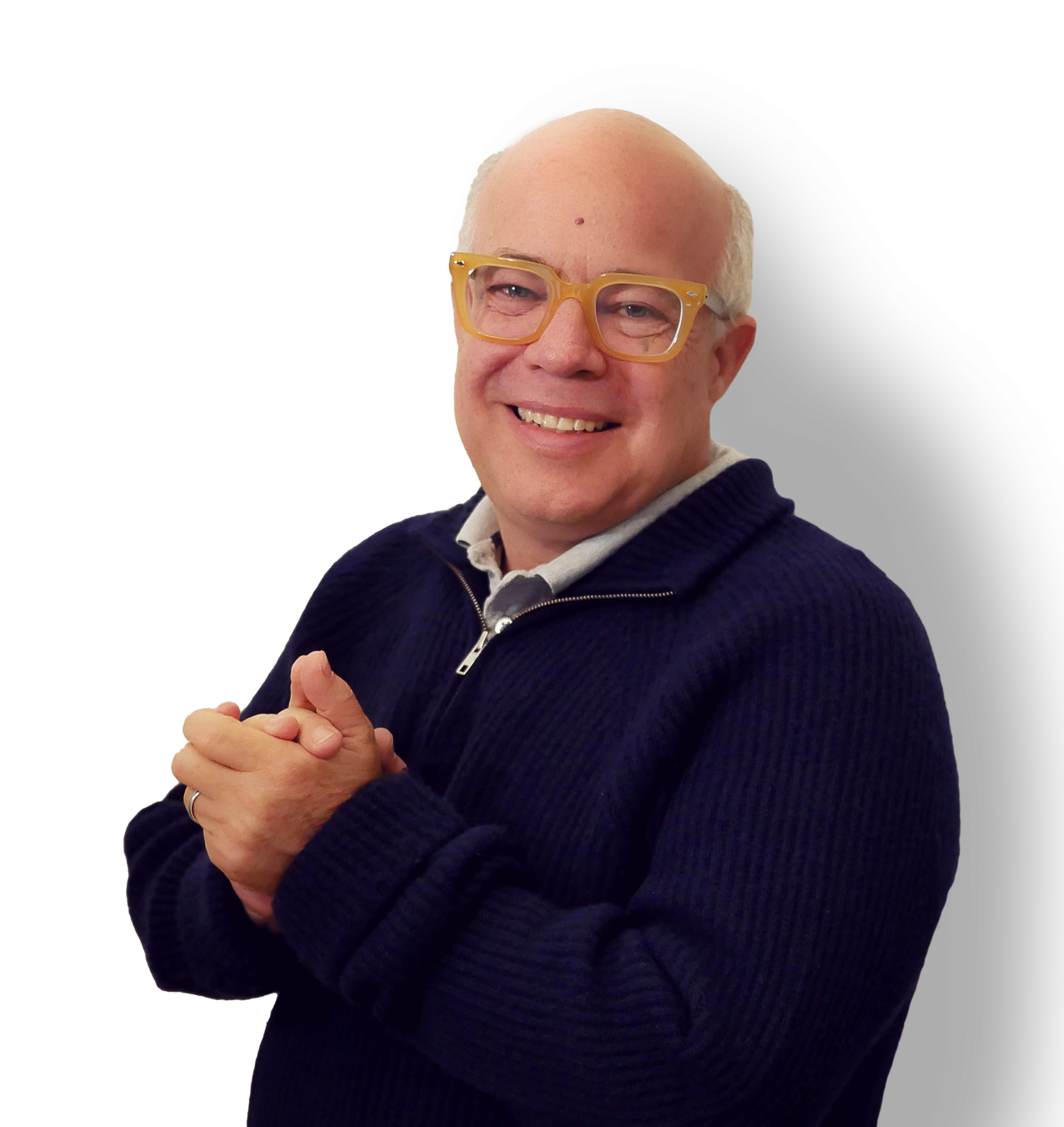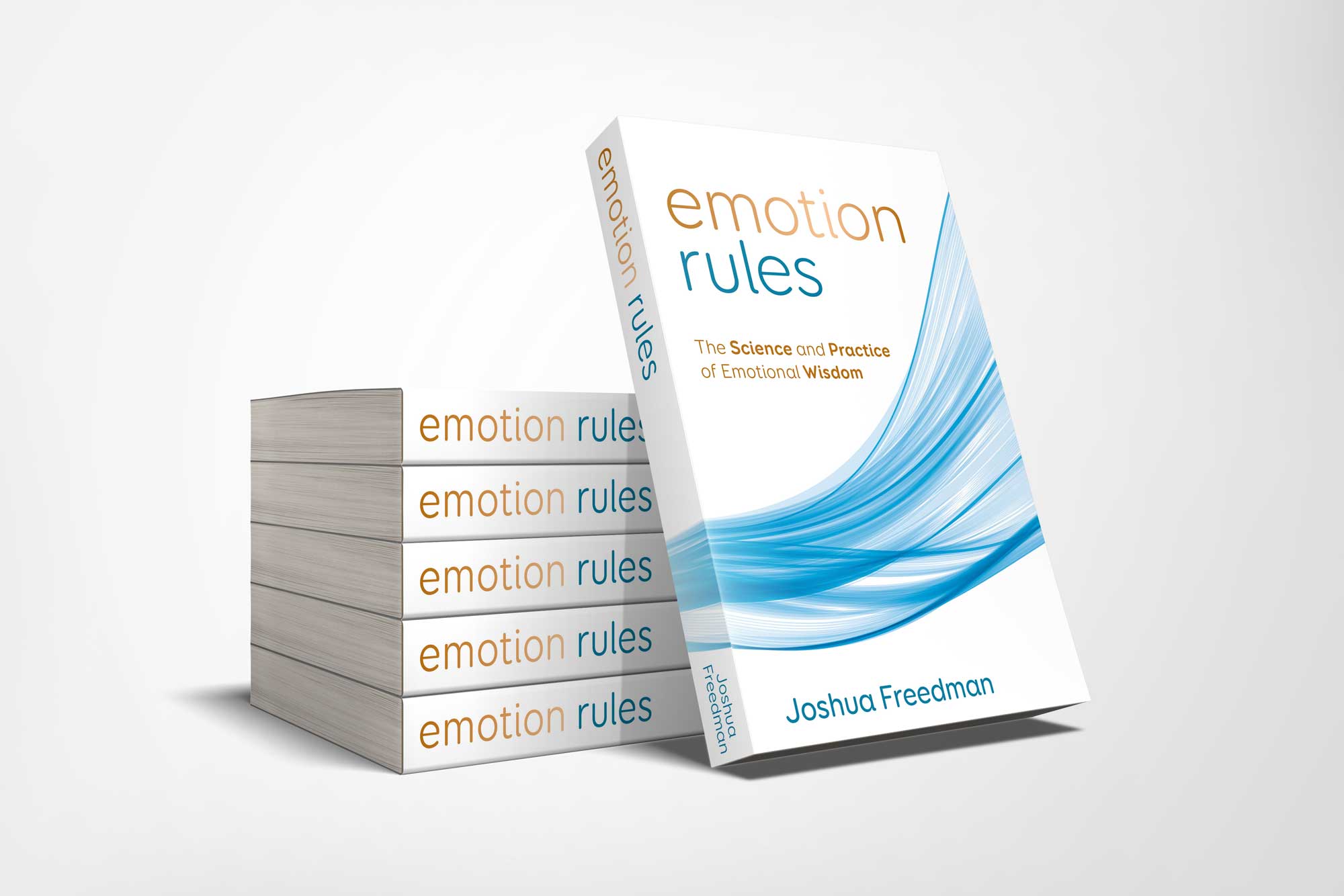Joshua Freedman
From Emotional Intelligence to Emotional Wisdom
I’ll show you how feelings can become your greatest resource

Joshua Freedman
CEO & Cofounder of Six Seconds · Master Certified Coach (ICF) · Author of Emotion Rules (March 10, 2026)
A staggering finding emerged from over a million emotional intelligence assessments across 169 countries: the world is in an emotional recession.
Burnout is rising, empathy is falling, and disengagement is wasting lives and value. Joshua Freedman has spent
more than 25 years equipping leaders with the tools to turn this trend around.
As seen in…





Scale, credibility, and measurable outcomes
- Global reach: CEO & cofounder of Six Seconds, the world’s largest EQ network, active in 150+ countries.
- Metrics-driven: Creator of 9 psychometric tools, including the SEI (Six Seconds Emotional Intelligence Assessment), used by over a million people.
- Research authority: Director of The State of the Heart, the largest ongoing EQ study (15+ years, 1M+ assessments) that identified the emotional recession.
- Enterprise impact: Advised organizations including Amazon, FedEx, Microsoft, Intel, the U.S. Navy, and the United Nations.
- Author & educator: Master Certified Coach (ICF); adjunct faculty (Columbia University, Antioch University); author of seven books including the bestseller At the Heart of Leadership. Emotion Rules publishes Feb 10, 2026.
- Audience reach: Owner of The Emotional Intelligence Network on LinkedIn with 1M+ members and ~4M weekly views.
Selected results
- Komatsu: doubled employee engagement.
- FedEx: 72% improvement in decision-making.
- Sheraton: +8.3% guest satisfaction, +23.4% market share.
- U.S. Navy & Marine Corps: +43% change readiness, +58% adoption of emotional growth tools.
Emotion Rules — The Science and Practice of Emotional Wisdom
A practical playbook for leaders and changemakers to decode emotions and transform them into wisdom, aligning culture with performance in the midst of the emotional recession.
Publication date: March 10, 2026
How do you leverage the value of emotions?
Equip your people. Supercharge your culture. Bring emotional intelligence to scale.
